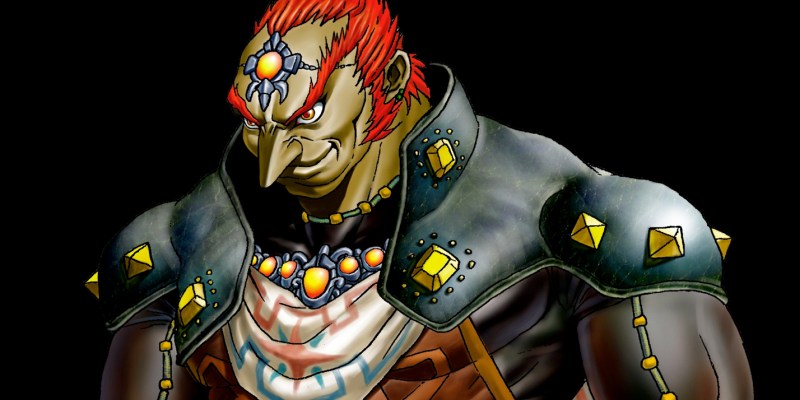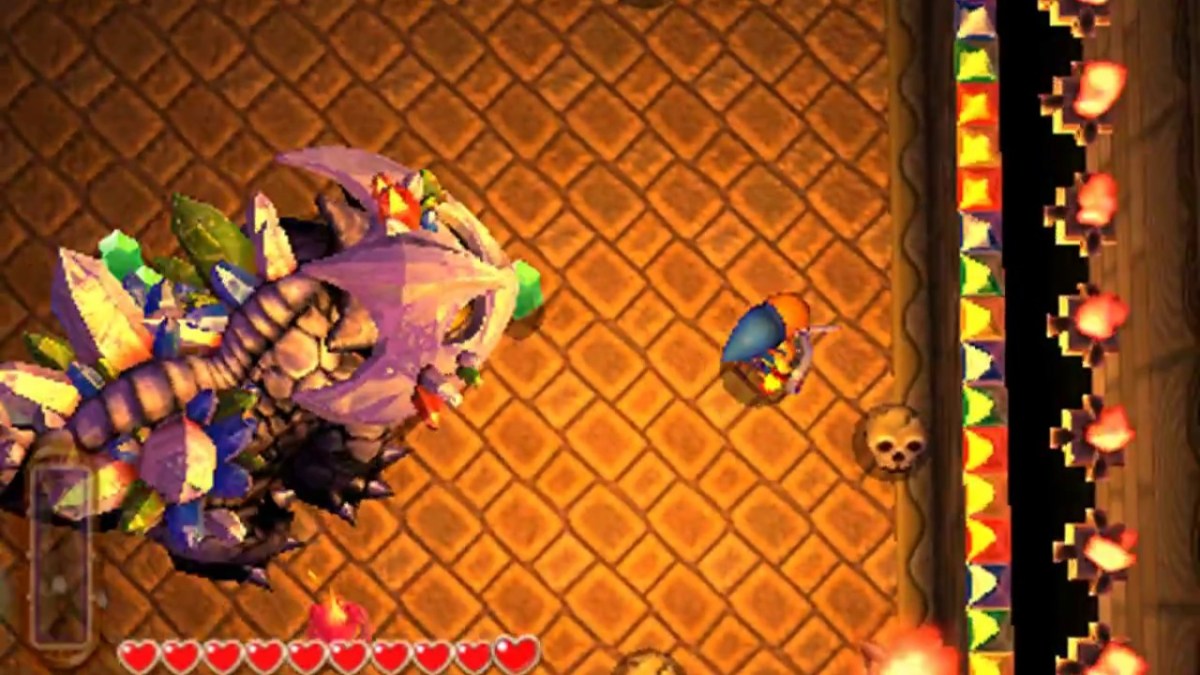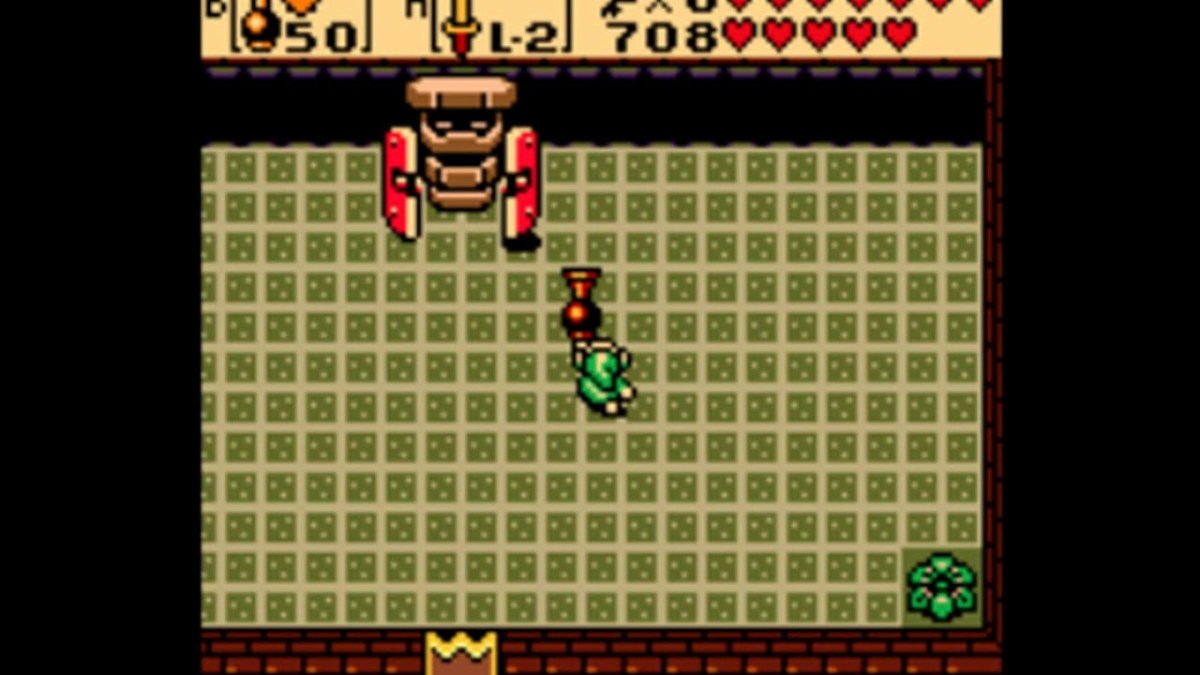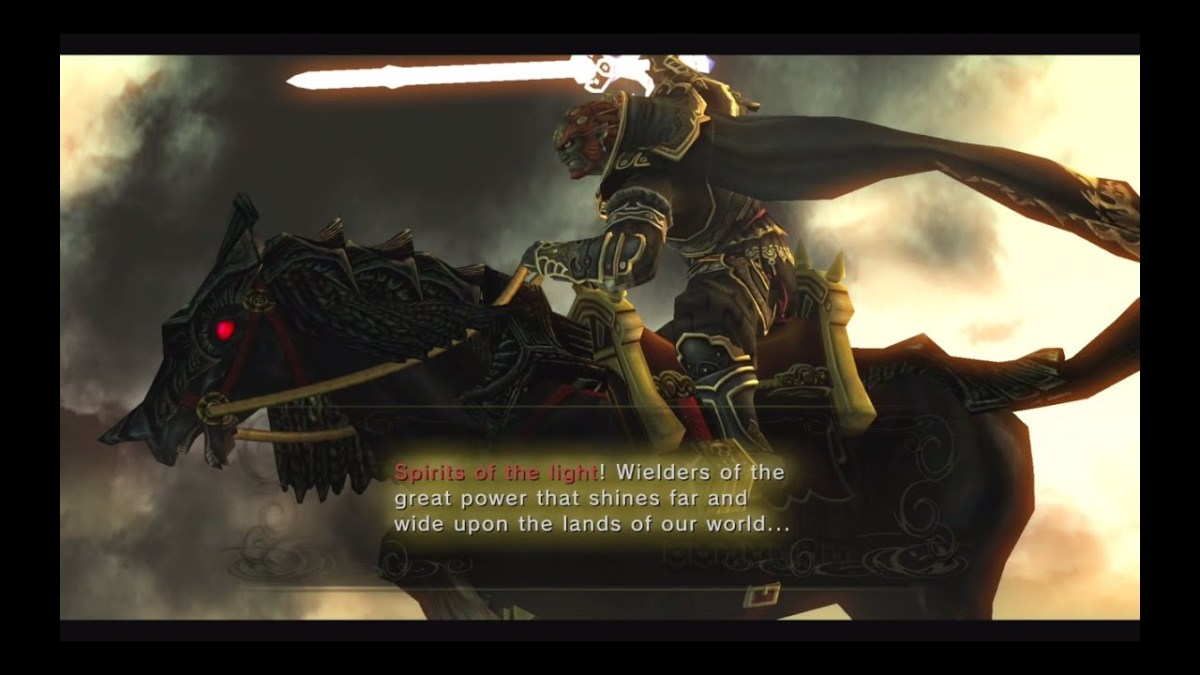The Legend of Zelda is one of the most famous video game franchises of all time, praised far and wide for its sense of adventure, exploration, level design, and, of course, its bosses. Each Zelda game throws an assortment of bosses to test your mastery of certain mechanics. Some require very little thinking, like the Angler Fish in Link’s Awakening that can be killed with brute force in seconds. But we’re not talking about those embarrassing bosses that offer little assessment of your abilities. We’re instead looking at the most well-designed bosses in the Legend of Zelda universe. Needless to say, this article contains spoilers for bosses from across the series.
In my opinion, there’s a difference between a great boss and a well-designed boss, though the two often mingle. If a boss is meant to test your abilities, which offer the best tests? Which bosses challenge the player in a way that’s fair and provide a dopamine rush when you defeat them? Some bosses are great because of the spectacle and scale on display, like Twilight Princess’s Stallord, but others are great because you genuinely feel like you conquered a challenging foe. These five bosses are some of the best designed bosses in the entire Zelda series.
Five of the Best, Most Well-Designed Bosses in the Legend of Zelda Series
Helmasaur King / Gemesaur King (Link to the Past / A Link Between Worlds)
Both the Helmasaur King and the Gemesaur King demand similar tactics of figuring out how to damage a boss that is virtually invincible. The kings wear masks at all times that prevent you from hitting their one weak spot, so you need to experiment with how to remove the mask.
The Magic Hammer that you get in the Helmasaur’s dungeon can destroy his mask, but that requires getting close to him and risking getting hit by a fireball or his body. Alternatively, you can use bombs to break the mask from a distance, but you sacrifice precision in doing so. In A Link Between Worlds, however, bombs are the only way to destroy the mask of his younger sibling, the Gemesaur King.
Once the mask breaks, the Kings change their tactics, becoming much more erratic and difficult to hit. While the Helmasaur King becomes more aggressive, the Gemesaur King takes it to a whole new level, removing the lights in the area and flailing his body around at absurd speeds. Again, it’s a situation that heralds doom, requiring you to figure out how to survive the never-ending onslaught.
Even once you realize that you can dodge his attacks by merging into the wall, there’s still no way to hit him without taking damage. You need the light from the torches to figure out where he is, so why not do the simplest thing and relight them? It’s a deceptively simple solution that is based on logic rather than any particular mechanic. But what ultimately makes both bosses so enjoyable is that, even if you know the solution to their puzzles, they remain a challenge that can cause a “game over” if you time your attacks poorly. It’s one of the best, most well-designed bosses in the Legend of Zelda universe.
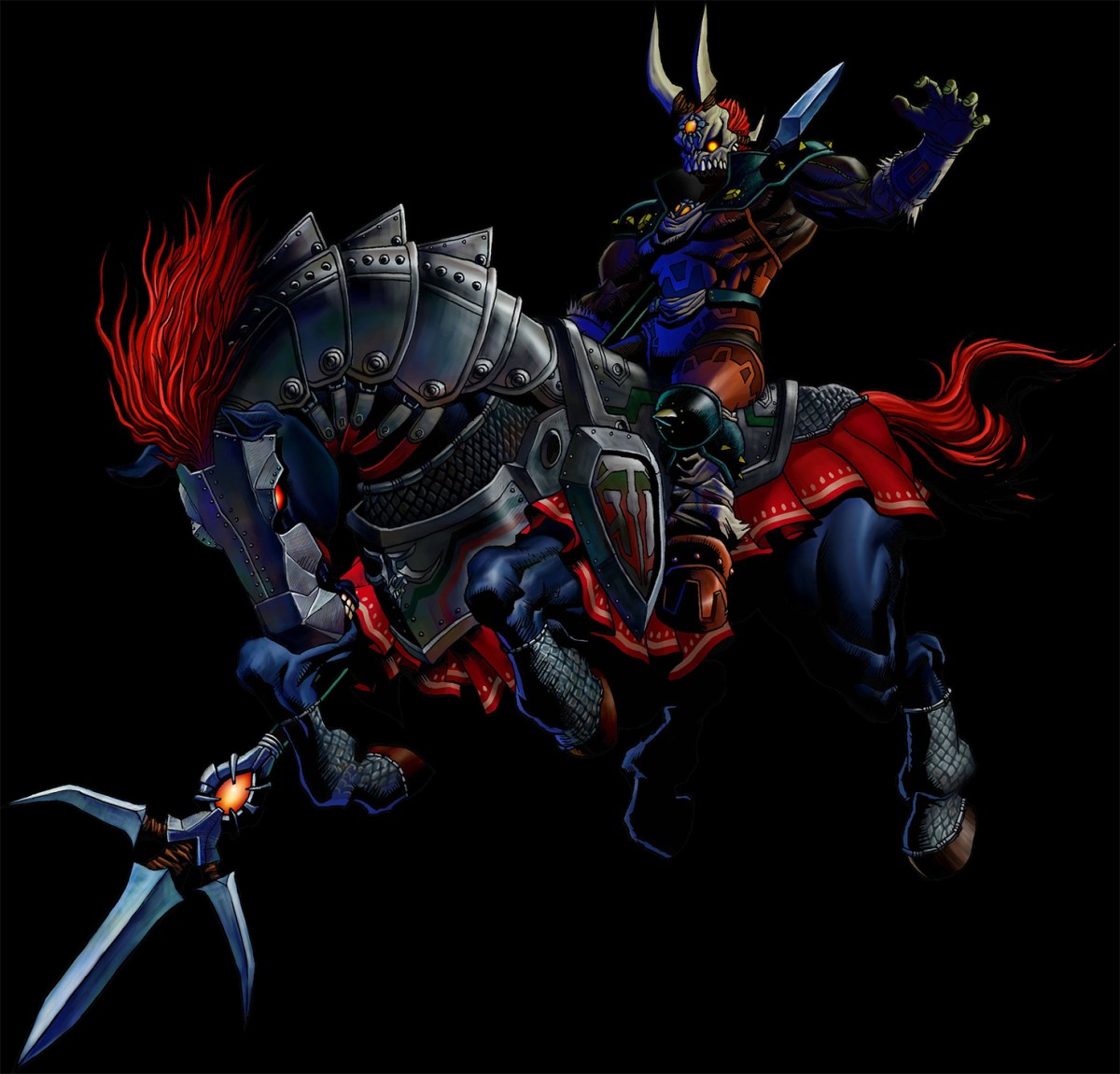
Phantom Ganon (Ocarina of Time)
A lot has already been said about Ocarina of Time’s Forest Dungeon and how it stands as one of the best dungeons in the entire franchise. Yet its boss fight, against Phantom Ganon, is the perfect capstone to an excellent level. The fight is broken into two parts. The first section utilizes the 3D space, requiring you to determine which painting Phantom Ganon is coming out of and hitting him with the dungeon’s item, the bow and arrow. You can’t look at every mirror at once, so you need to use the first-person view that the bow provides to quickly zip around the environment to find him.
Once you hit him enough times, the iconic second half begins where you hit energy balls back at one another until one of you fails. Yes, this mechanic was introduced by Agahnim in A Link to the Past, but it’s evolved here into a test of reflexes. If you fail to repel the ball, you have no one to blame for it but yourself since the camera will most likely be locked on and static. You just need to learn the speed that the ball is moving, judge your distance accordingly, then keep hitting it.
You also need to make sure you can actually hit Phantom Ganon once he gets hit by the ball, as it will only stun him. You need to judge if you’re close enough to run up and hit him with the sword, which is the easiest option, or if you have enough time to pull out the bow so you can shoot him for maximum damage. This fight would be recycled by most Ganon-related foes in future games, including this game’s own climax, but it’s also a fun little test of your skills once it begins.
Ramrock (Oracle of Ages)
Probably the least well-known boss on this list, Ramrock comes from the puzzle-filled Oracle of Ages and serves as the eighth dungeon boss before the final boss. Because of his positioning, Ramrock tests your knowledge on a variety of different items and constantly shifts phases that determine when and how you can damage him. You’re not completely in the dark though. His mechanics should be familiar to you because you’ve faced the same scenarios throughout the game. Not only that, but the room before him offers some subtle hints on how to fight him and what weapons you’ll need.
Ramrock evolves as you damage him, changing his weaknesses based on how you damaged him in the prior phase. At first, you just need to reflect his hits by slashing his fists. It makes sense then for the next phase to put spikes on his fists, preventing you from hitting him. What can you do then? Well, use bombs to damage him, as you do for all other spiked enemies. He’ll then put up a shield to prevent the explosions (or anything else) from hitting him from the front. So then use your ricocheting seed shooter to hit him from the back. Everything evolves naturally and logically in this fight, making your victory against him very cathartic since you’ve effectively mastered several of the weapons and items used in the game thus far, proving that you’re prepared for the final fight.
Ganondorf (Twilight Princess)
If we’re going by the adage that bosses should test the skills that the game has taught you so far, then the final Ganondorf fight in Twilight Princess is the most complete final exam in the series. The fight tests all three major gameplay styles, whether it be wolf combat, horseback riding, or traditional sword fighting. Each phase dramatically changes what is expected from you and how the mechanics of the fight work. Plus, the goal is usually clear, like hitting the giant gash on Ganon’s belly when you’re a wolf or hitting the real Ganon and not the fake riders in the horseback riding section. It’s all about if you can pull it off.
But it’s the final section in particular that deserves praise. Twilight Princess, as a game, was more focused on sword combat than any other entry to date, demanding you prove that you know what you’re doing. Whether it’s shield bashing, pulling off a helm splitter, or attempting a back slice, your entire arsenal needs to be utilized to damage Ganondorf. He hits hard and fast, and if you don’t know what you’re doing, you will take a ton of damage.
Compared to other final fights, like the somewhat simplistic yet dramatic fight against Ganondorf in Wind Waker or the mechanically precise yet frustrating and inconsistent bout against Demise in Skyward Sword, Twilight Princess finds the perfect middle ground and tests everything that you’ve been doing in the game in one final fight.
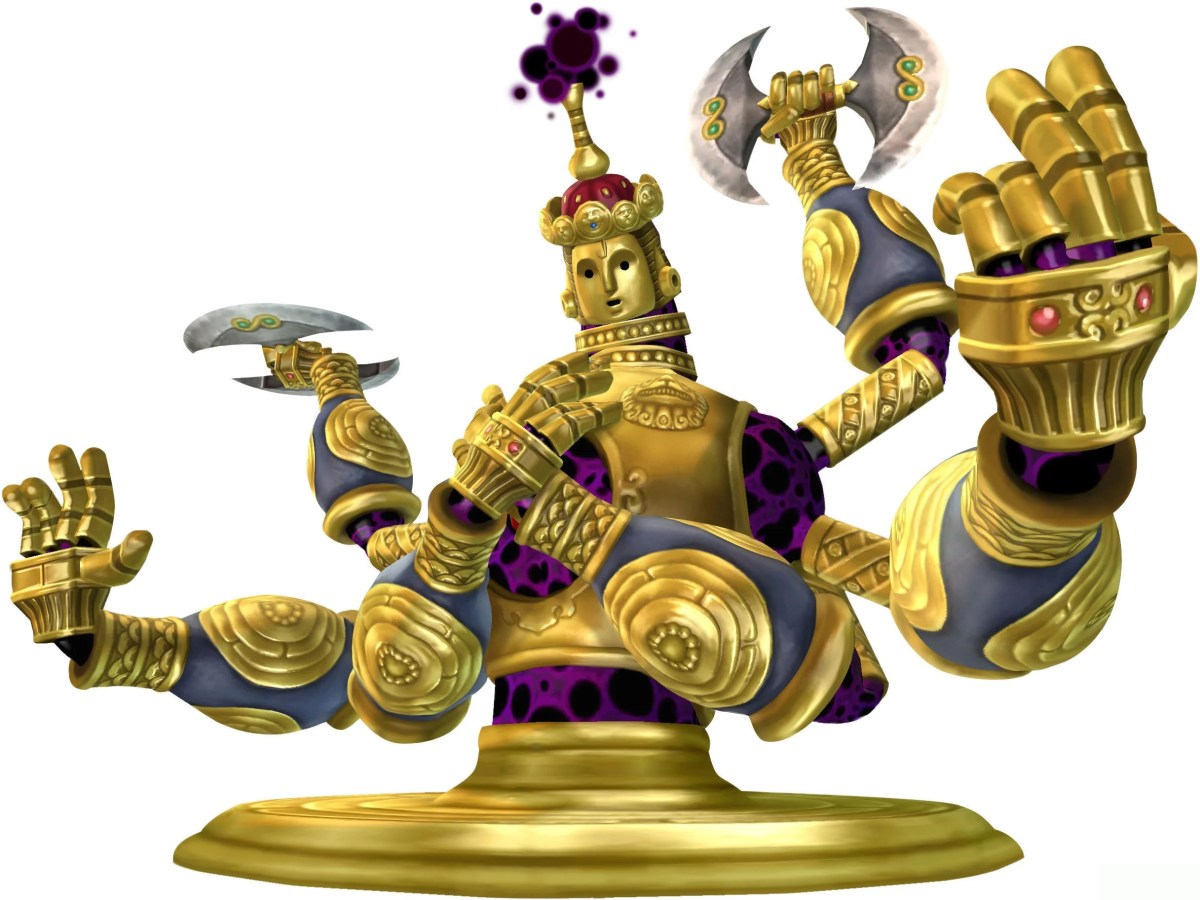
Koloktos (Skyward Sword)
Koloktos is considered by many to be one of the best bosses in all of Zelda, and it’s not hard to see why. His dungeon is great, the visual design of the boss is mystical and unique, the spectacle is on display in top form, and he’s just a wonderful fight all around. He’s also a well-designed Zelda boss that makes you come to grips with the Ancient Cistern’s item, the whip, as well as practice your ability to change tactics on the fly.
When the fight begins, Koloktos is stationary, using short-range sword attacks to keep you at bay. Once he attacks, you need to use the whip to detach any of the six arms he used to slash at you to weaken him. However, that’s not all you need to do, as you then need to pick up a sword to hit his core. You eventually become used to the routine, until he stands up to chase you around the arena, slashing wildly and summoning goons to distract you from his assault.
The fight technically doesn’t change. You still need to use the whip to get a sword from him to damage him, but you need to strike a balance among offense, defense, and crowd control to come out victorious. Most bosses, once you discover their solution, become a cakewalk, but Koloktos still manages to put pressure on you throughout the fight and keep you engaged at all times. There’s a reason he’s so well-regarded in the community after all.
Let us know whom you think of when it comes to the best, most well-designed Legend of Zelda bosses.
